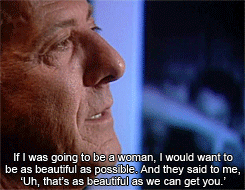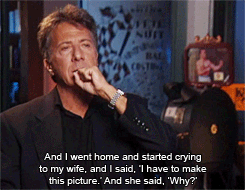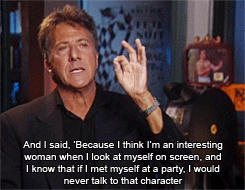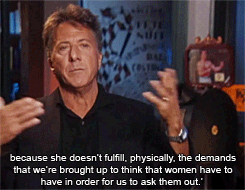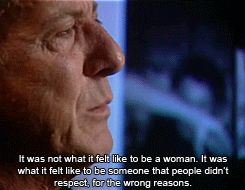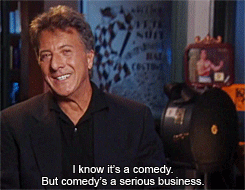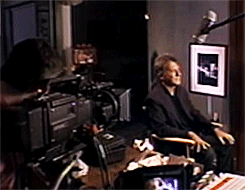Interesting dialogue taken from tumblr, reblogged on my account and I decided to add it here.
Source: daughterofmulan:
Take a facet of crime, and then look at television shows/movies that feature those criminals as protagonists.
White mobs.
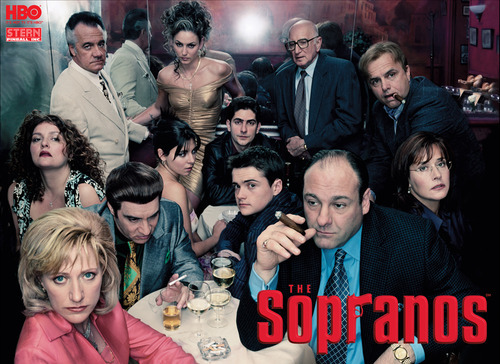
White pirates.
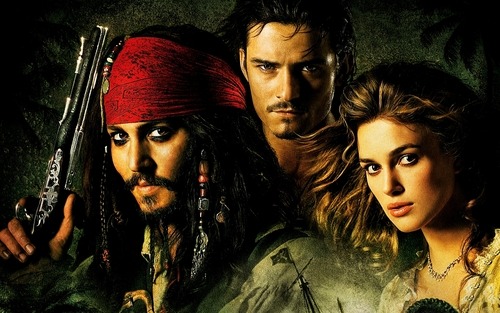
White serial killers.
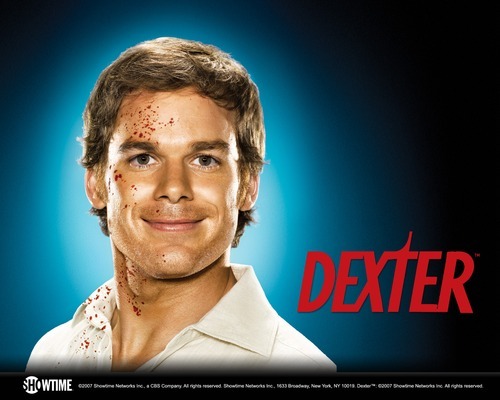
White political corruption
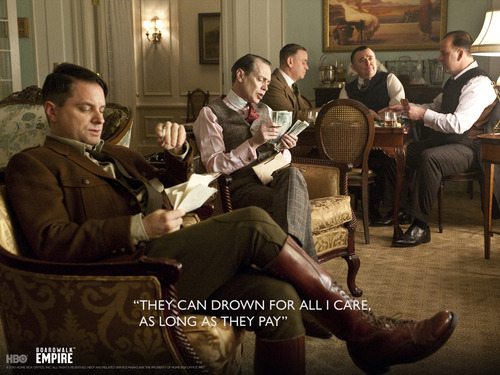
White drug dealers
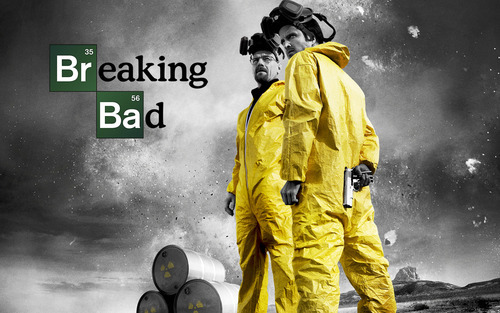
I mostly want to talk about this as a TV phenomenon, but pick a crime, any crime, and Western media has probably made a movie/TV series/play/etc. with a white person that romanticizes the criminal activity. No matter what, a white person can do whatever terrible crimes and still have a TV/movie fanbase that loves them.
When you see black or brown people committing crimes on screen, you are to see them thugs and criminal masterminds and people to be beat down.
When you see white people committing crimes on screen, you see a three-dimensional portrait of why someone might commit that crime, how criminals are people too, and how you should even love them for the crimes that they commit because they’re just providing for their families or they’ve wronged or they’re just people and not perfect. This is particularly a luxury given to white male characters, since there few white female criminals as protagonists.
If and of the above shows were about black or brown folks, there would be a backlash of (white) people claiming that TV and movies are romanticizing criminals and are treating them too much like heroes and that it will affect viewers and encourage violence and “thuggish" behaviour. And yet fictional white criminals get to have a deep fan base who loves these white criminals, receive accolades and awards, get called amazing television that portray the complexities of human nature. Viewers of these characters see past the atrocious crimes and into their humanity, a luxury that white characters always have while characters of color rarely do. The closest that mainstream TV has come to showing black criminals as main characters is probably The Wire, and even then, the criminals share equal screen time and equal status as main characters as the police trying to stop them.
The idea that crime can be so heavily romanticized and glorified to such a degree is undoubtedly a privilege given to white characters. The next time you hear someone talk about Dexter Morgan or Walter White in a positive way, it may be an opportunity to rethink how white people can always able to be seen as people no matter what they do, while everyone else can be boiled down to nothing but a criminal.
I always felt extremely uncomfortable with this trope because, not only is it racist, but it tends to feed into the already too common propensity society has to humanize, romanticize and exonerate irrevocably terrible white men. Like if you’re a white man and you commit awful crimes, you will likely go down in history as a legendary celebrity and historical figure
Friday, July 19, 2013
The Glorification of White Crime
Friday, July 5, 2013
Tootsie Role and Misogyny
Dustin Hoffman on playing a woman in Tootsie (1982)
“If I was going to be a woman, I would want to be as beautiful as possible. And they said to me, ‘Uh, that’s as beautiful as we can get you.’ And I went home and started crying to my wife, and I said, ‘I have to make this picture.’ And she said, ‘Why?’ And I said, ‘Because I think I’m an interesting woman when I look at myself on screen, and I know that if I met myself at a party, I would never talk to that character because she doesn’t fulfill, physically, the demands that we’re brought up to think that women have to have in order for us to ask them out.’ She says, ‘What are you saying?’ and I said, ‘There’s too many interesting women I have not had the experience to know in this life because I have been brainwashed.’ It was not what it felt like to be a woman. It was what it felt like to be someone that people didn’t respect, for the wrong reasons. I know it’s a comedy. But comedy’s a serious business.”
This is a man in tears when he came up against the experience of being a woman in a misogynist society, and realizing what it means for them, and for him, too.
Source: aboysbestfriendishismother

